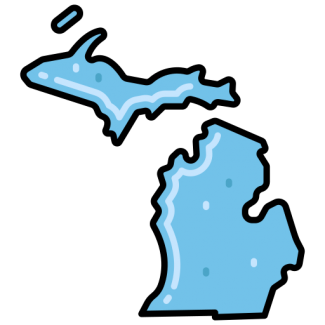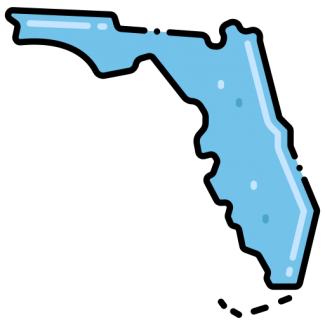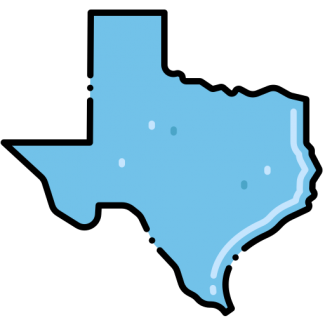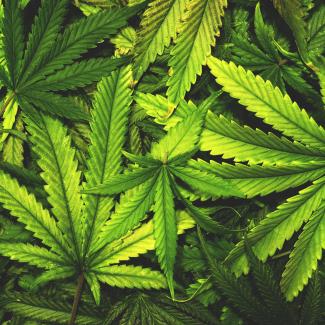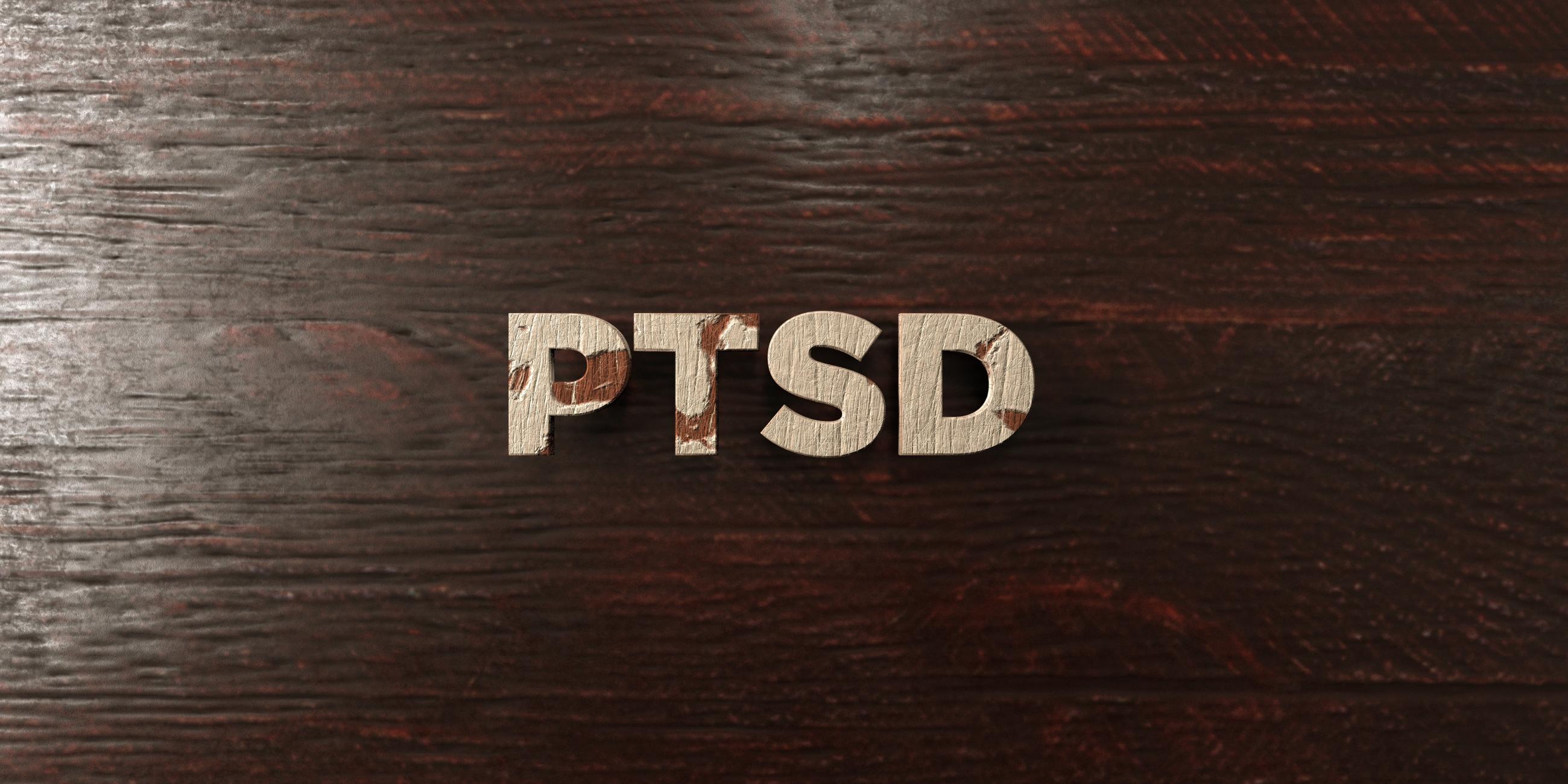Post-Traumatic Stress Disorder can negatively affect every single aspect of a person’s life. Aside from making it difficult to get out of bed each morning, PTSD can interfere with even the most basic of daily tasks. Common medications prescribed to treat symptoms of PTSD, can produce dozens of negative side effects. These side effects can be even worse than the original symptoms, which is why so many medical marijuana patients are choosing to treat PTSD with cannabis, instead.
What is PTSD?
Post-Traumatic Stress Disorder is an anxiety condition, caused by a traumatic event, such as military combat or assault. There are 3 common symptoms associated with the condition: flashbacks, social isolation, and hyper arousal. These symptoms are caused by a change in brain chemistry (hyper-responsive stress and adrenaline hormones) over time.
More specific symptoms of PTSD may include one or more of the following:
- persistent fear, horror, anger, guilt, and/or shame
- diminished interest or participation in significant activities
- feelings of detachment or estrangement from others
- consistent inability to experience positive emotion
- Irritable and aggressive behavior
- self-destructive behavior
- hypervigilance
- exaggerated startle response
- trouble concentrating
- difficulty falling and/or staying asleep
Side Effects of Commonly Prescribed Medications
Medication(s) typically prescribed for PTSD greatly depend on the severity and type of symptoms one is experiencing. The most common drugs are anti-depressants, anti-psychotics, and benzodiazepines. These include Prozac, Paxil, Zoloft, Latuda, Xanax, etc… While these medications can usually treat symptoms of PTSD, they can also intensify symptoms and produce dozens of severe, negative side effects like:
- nausea
- increased appetite and weight gain
- loss of sexual desire and other sexual problems
- fatigue and drowsiness
- insomnia
- dry mouth
- headache
- confusion
- blurred vision
- constipation or diarrhea
- dizziness, weakness, and/or unsteadiness
- thoughts about suicide or dying
- attempts to commit suicide
- new or worsening depression
- new or worsening anxiety
- feeling very agitated or restless
- new or worsening panic attacks
- new or worsening irritability
- acting aggressively, being angry, or violent
- acting on dangerous impulses
- extreme increase in activity and talking (mania)
- other unusual changes in behavior or mood
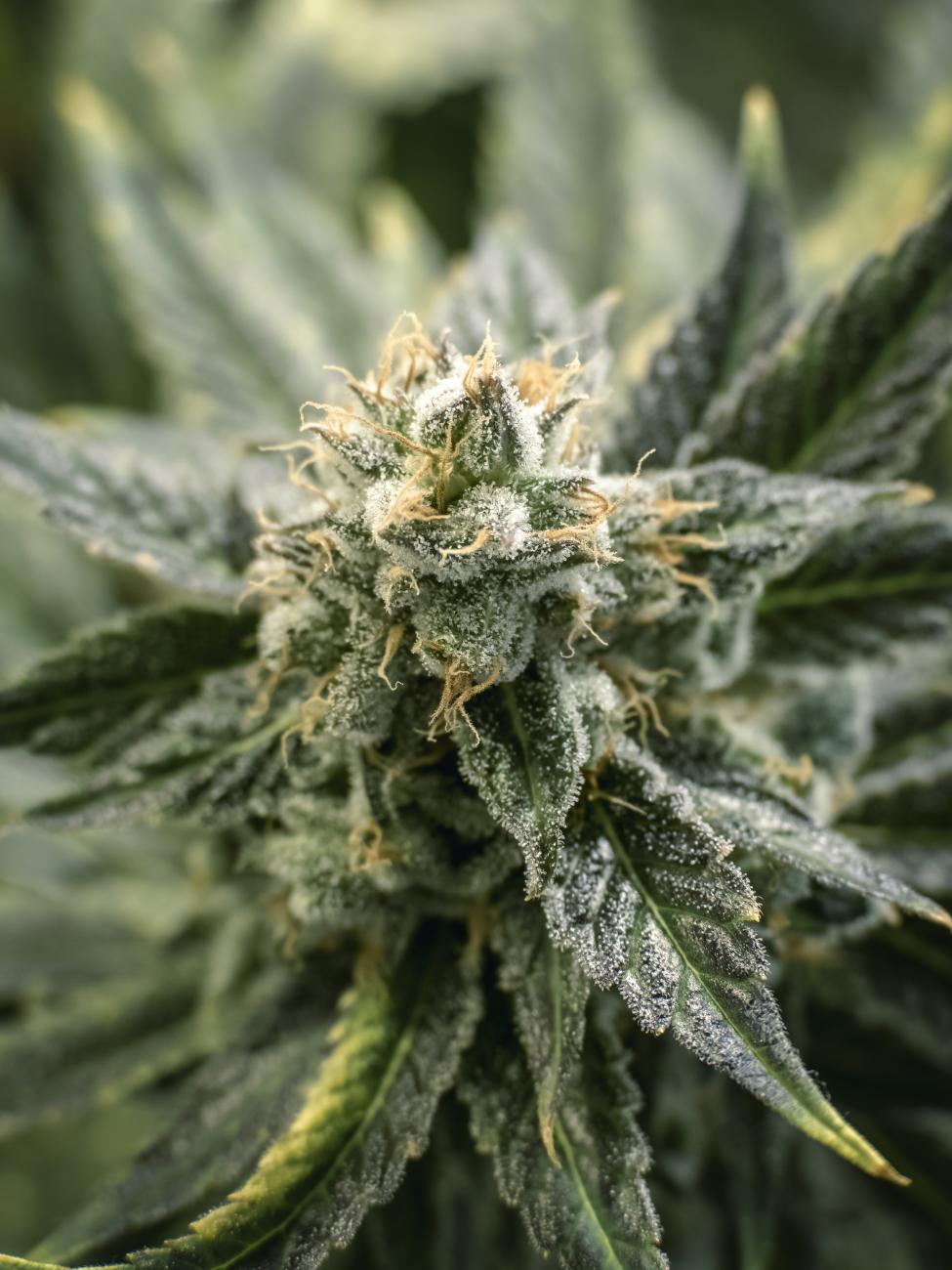
Treat PTSD with Cannabis
Since marijuana is still classified as an illegal drug by the DEA, it is nearly impossible to get FDA approval on marijuana-based medications. With that being said, recent studies have found that marijuana has a profound impact on PTSD symptoms, through it’s relationship with our built-in endocannabinoid system.
This system is responsible for maintaining homeostasis or regularity in the body. PTSD symptoms are produced by an imbalance of endocannabinoids, specifically anandamide, within the body. If you suffer from PTSD, chances are your body lacks anandamide. Marijuana works to replace these missing endocannabinoids, therefore restoring the balance and relieving symptoms.
Of course, marijuana can produce mild side effects such as nausea, impaired motor function, memory issues, and drowsiness. Keep in mind that these symptoms are much less severe than the symptoms associated with PTSD. They are also less severe than the side effects produced by commonly prescribed medications.
--------------------------------------------------------------------------------------------------------------
Contact Us
If you suffer from PTSD, or believe that you may qualify for medical marijuana, call us at (844) 442-0362 or schedule your free consultation online, today.














